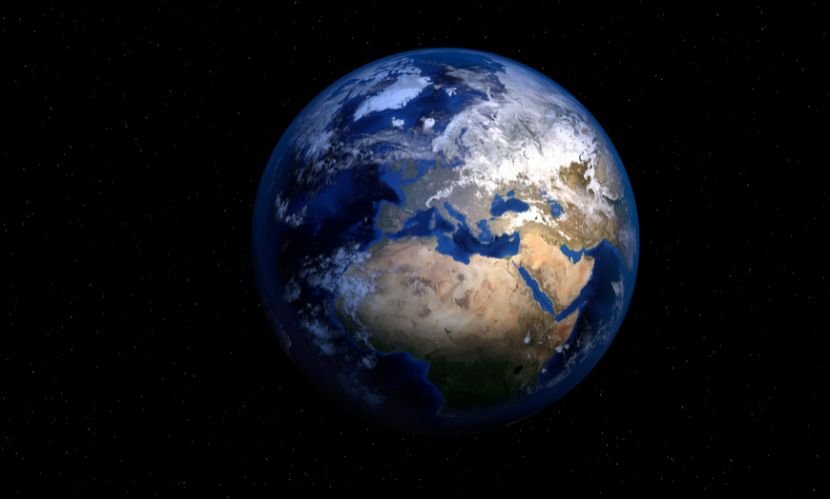Today, Earth Hour Day is being celebrated globally, an annual initiative orchestrated by the World Wildlife Fund (WWF) to spotlight environmental concerns. This year marks the 18th iteration of Earth Hour, themed “Biggest Hour for Earth.” The event urges people worldwide to power down their lights for 60 minutes from 8:30 p.m. to 9:30 p.m. as a symbolic gesture of solidarity with our planet.
Earth Hour stands as a beacon of optimism, fostering hope and motivation, uniting individuals globally in a shared commitment to environmental stewardship. Its objective is to engage as wide an audience as possible, particularly those still awakening to the severity of our environmental challenges.
In honor of Earth Hour, a poignant anthem has been unveiled by WWF, crafted by Shantanu Moitra and performed by Papon. The lyrics penned by Tanveer Ghazi celebrate the splendor of nature and underscore our collective duty to safeguard it.
Prominent figures such as baker Shivesh Bhatia and fashion designer Rahul Mishra are lending their support by observing the hour, dimming non-essential lights.
Last year, Earth Hour garnered participation from over 190 countries and territories, with millions dedicating their time to champion the cause. This year’s objective is to amplify the impact of the “BiggestHourForEarth” by inspiring individuals to dedicate the hour to positive actions for the planet.
Why is World Earth Hour Day Celebrated?
World Earth Hour Day is an annual initiative orchestrated by the World Wildlife Fund (WWF) to prompt individuals, communities, and businesses to switch off non-essential lights for one hour. This symbolic gesture aims to raise awareness about environmental issues and catalyze efforts towards a more sustainable future.
Earth Hour: More Than Just Turning Off Lights
While powering down lights holds significance, Earth Hour transcends that singular hour. It serves as a catalyst to motivate and mobilize individuals towards ongoing action throughout the year. WWF encourages participants to utilize the hour engaging in planet-beneficial activities such as candlelit dinners, nature excursions, or educational initiatives.



